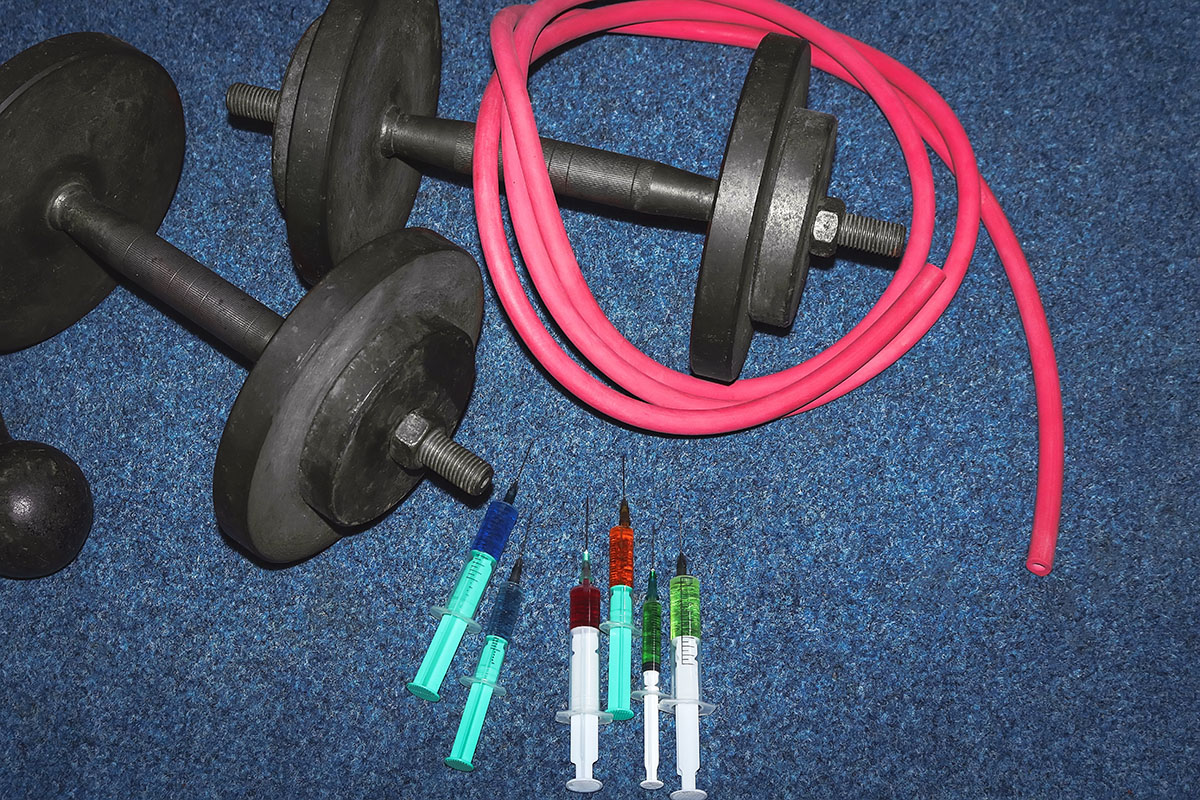
The Impact of Diet on Testosterone Levels
Testosterone, a vital hormone predominantly produced in the testicles, plays a crucial role in male sexual development and overall health. It regulates several key aspects such as muscle mass, fat distribution, and red blood cell production. The production of testosterone is influenced by various factors including age, lifestyle, and overall health.
Definition and Role of Testosterone
Testosterone is classified as a steroid hormone in the androgen group. It is essential for the development of male sex organs before birth, and the development of secondary sex characteristics at puberty, such as voice deepening, increased penis and testes size, and growth of facial and body hair.
How Testosterone Affects the Body
The hormone’s impact extends beyond sexual health, influencing bone density, muscle strength, and mood. Optimal levels are crucial for general well-being and preventing diseases like osteoporosis.
Factors Influencing Testosterone Production
Several factors can affect testosterone levels, including:
- Diet: A nutrition-rich diet can boost testosterone production.
- Exercise: Regular physical activity can elevate hormone levels.
- Sleep: Adequate sleep is essential for maintaining healthy testosterone levels.
- Stress: High stress can negatively impact hormone production.
Key Nutrients That Boost Testosterone Levels
Importance of Zinc and Magnesium
Zinc and magnesium are essential minerals that play pivotal roles in hormone production, including testosterone. Zinc, in particular, is crucial for the synthesis of testosterone and can be found in foods like oysters, beef, and pumpkin seeds. Magnesium aids in the biochemical reactions necessary for overall health and is abundant in almonds, spinach, and black beans.
Role of Fats in Testosterone Production
Dietary fats are vital for the production of testosterone. Healthy fats, such as those found in avocados, olive oil, and nuts, provide the building blocks for testosterone synthesis. It is important to balance the intake of saturated and unsaturated fats to maintain optimal hormone levels.
Vitamins That Enhance Testosterone
Vitamins play a significant role in maintaining testosterone levels. Vitamin D, often referred to as the sunshine vitamin, is particularly important and has been linked to higher testosterone levels. Foods rich in Vitamin D include salmon, fortified milk, and egg yolks. Additionally, Vitamin B and Vitamin C also support hormone health and can be found in various fruits and vegetables.
Dietary Patterns and Testosterone
Effects of a Balanced Diet
A balanced diet plays a crucial role in maintaining optimal testosterone levels. It should include a variety of nutrients such as proteins, fats, and carbohydrates, all of which influence hormone production. Key components include:
- Lean meats and fish for protein
- Healthy fats from avocados, nuts, and seeds
- Complex carbohydrates from whole grains and vegetables
Impact of Overeating and Under-eating
Both overeating and under-eating can disrupt testosterone levels. Overeating often leads to increased body fat, which can convert testosterone into estrogen, lowering overall testosterone levels. Conversely, under-eating, especially of critical nutrients, can impair the body’s ability to produce testosterone.
Vegetarian Diet vs. Meat-based Diet
The debate between vegetarian and meat-based diets on testosterone levels is ongoing. Vegetarian diets, when well-planned to include all necessary nutrients, can support healthy testosterone levels. However, meat-based diets provide direct sources of zinc and saturated fats, which are beneficial for testosterone production. The key is to ensure adequate nutrient intake regardless of dietary preference.
Specific Foods That Influence Testosterone
Crucial Role of Oysters and Garlic
Oysters are renowned for their high zinc content, a mineral essential for testosterone production and male fertility. Garlic, on the other hand, contains allicin, which can help reduce cortisol levels. Cortisol competes with testosterone in the body, so lowering cortisol can potentially boost testosterone levels.
Benefits of Leafy Greens
Leafy greens like spinach and kale are rich in magnesium, another crucial nutrient that plays a role in testosterone production. These vegetables also help in the overall maintenance of good health, which is vital for hormonal balance.
How Processed Foods Affect Testosterone
Processed foods often contain trans fats and sugars that can lead to weight gain and reduced insulin sensitivity. This can negatively impact testosterone levels. Reducing the intake of processed foods and focusing on more natural, whole foods can help maintain optimal testosterone levels.
The Role of Supplements in Testosterone Levels
When to Consider Supplements
Supplements can be a valuable addition to a diet, especially when dietary intake is insufficient or when an individual has specific health conditions that affect nutrient absorption. They should be considered:
- When dietary sources are inadequate.
- In cases of health conditions that impair nutrient absorption.
- As part of a healthcare provider’s recommendation based on blood tests.
Common Testosterone-Boosting Supplements
Several supplements are known for their potential to boost testosterone levels. These include:
- Vitamin D, which can help maintain serum testosterone levels.
- Zinc, essential for testosterone production and also helps in preventing testosterone conversion to estrogen.
- Magnesium, which plays a role in numerous biochemical reactions including testosterone synthesis.
Risks and Benefits of Testosterone Supplements
While testosterone supplements can offer benefits such as increased muscle mass, improved mood, and better libido, they also come with risks:
- Potential side effects include hair loss, acne, and increased risk of heart disease.
- Long-term use can lead to hormonal imbalances.
- It’s crucial to consult with a healthcare provider before starting any supplement regimen to avoid negative interactions with other medications and health conditions.
Lifestyle Factors Affecting Testosterone
Exercise and Testosterone
Regular physical activity is crucial for maintaining healthy testosterone levels. Activities like weightlifting and high-intensity interval training (HIIT) are particularly effective in boosting testosterone production. Consistent exercise helps in reducing body fat, which is associated with increased testosterone levels.
Sleep and Its Impact on Hormone Levels
Adequate sleep is essential for optimal hormone production, including testosterone. Adults should aim for 7-9 hours of sleep per night to ensure proper hormonal balance and recovery. Poor sleep patterns can lead to a significant decrease in testosterone levels over time.
Stress and Hormonal Imbalance
Chronic stress leads to elevated levels of cortisol, a hormone that negatively affects testosterone production. Managing stress through techniques like meditation, yoga, or even simple breathing exercises can help maintain healthy testosterone levels.
Medical Conditions and Testosterone Deficiency
Testosterone levels can be significantly influenced by various medical conditions, highlighting the intricate relationship between health and hormone production. One prevalent condition is hypogonadism, where the body produces insufficient testosterone, often necessitating dietary adjustments to manage symptoms effectively. Additionally, thyroid health is crucial as it plays a pivotal role in regulating hormones, including testosterone. An underactive or overactive thyroid can lead to hormonal imbalances that might affect testosterone levels. Obesity is another critical factor; it’s well-documented that higher body fat percentages can lead to lower testosterone levels, making weight management a key component in maintaining hormonal balance.
















